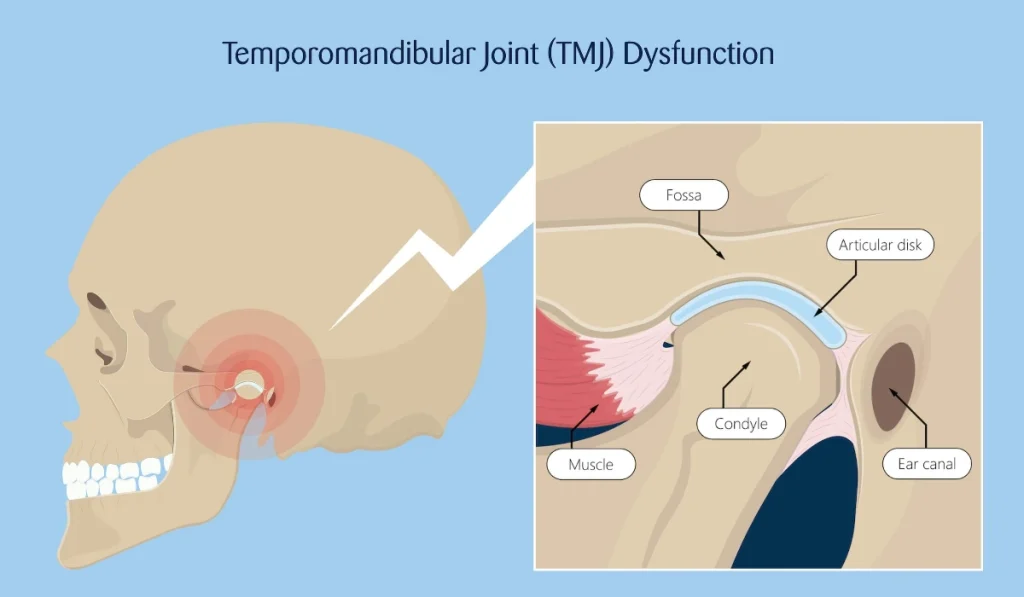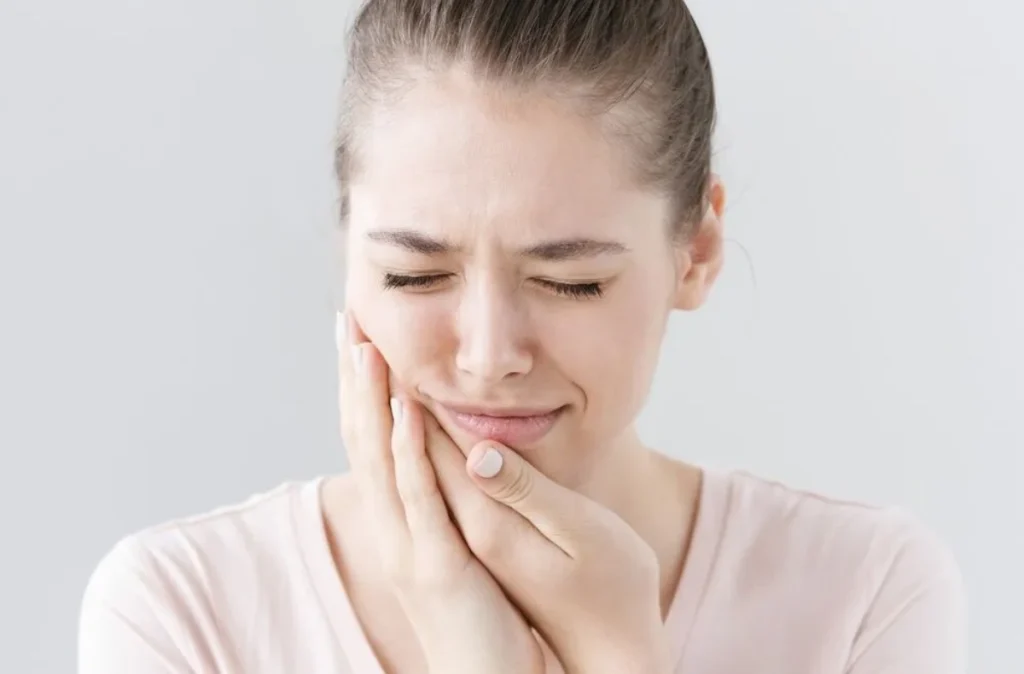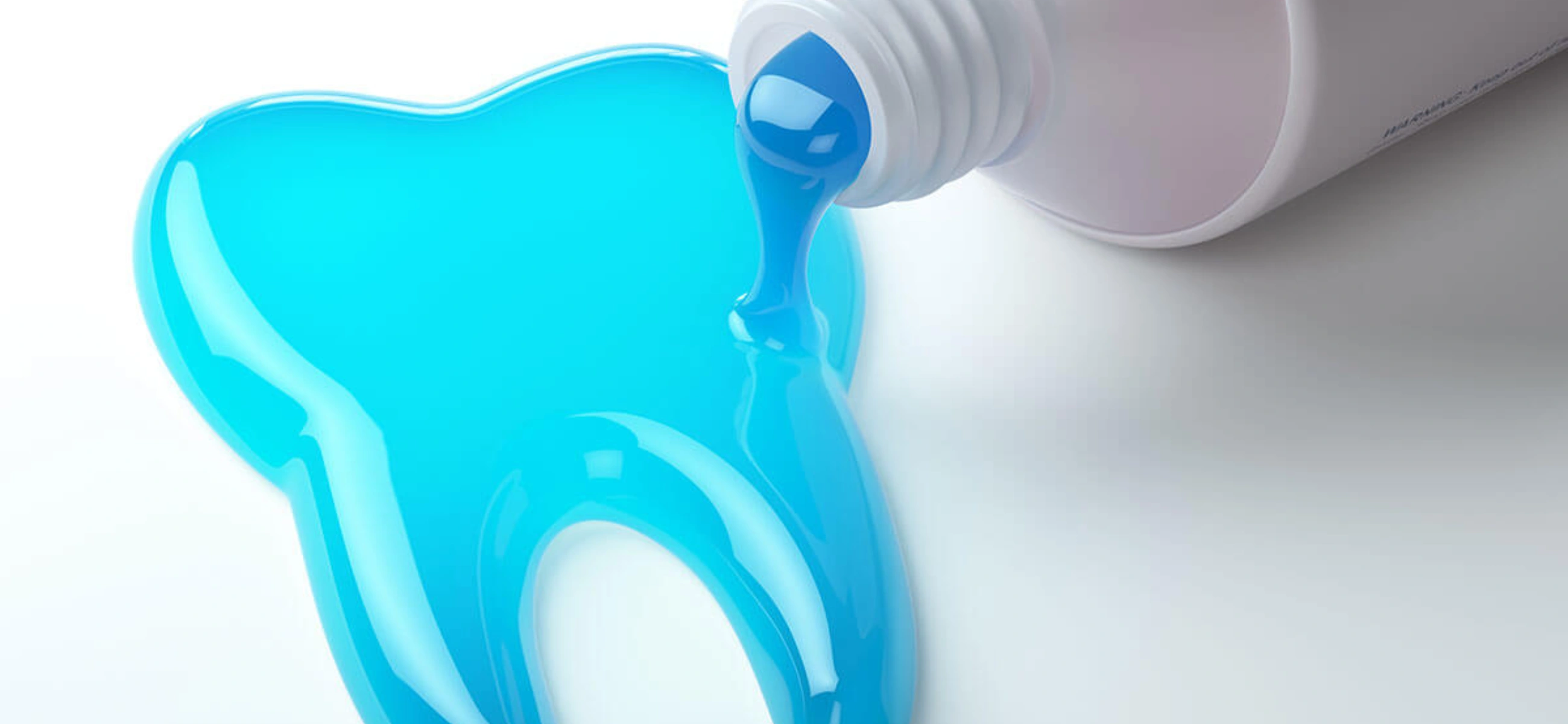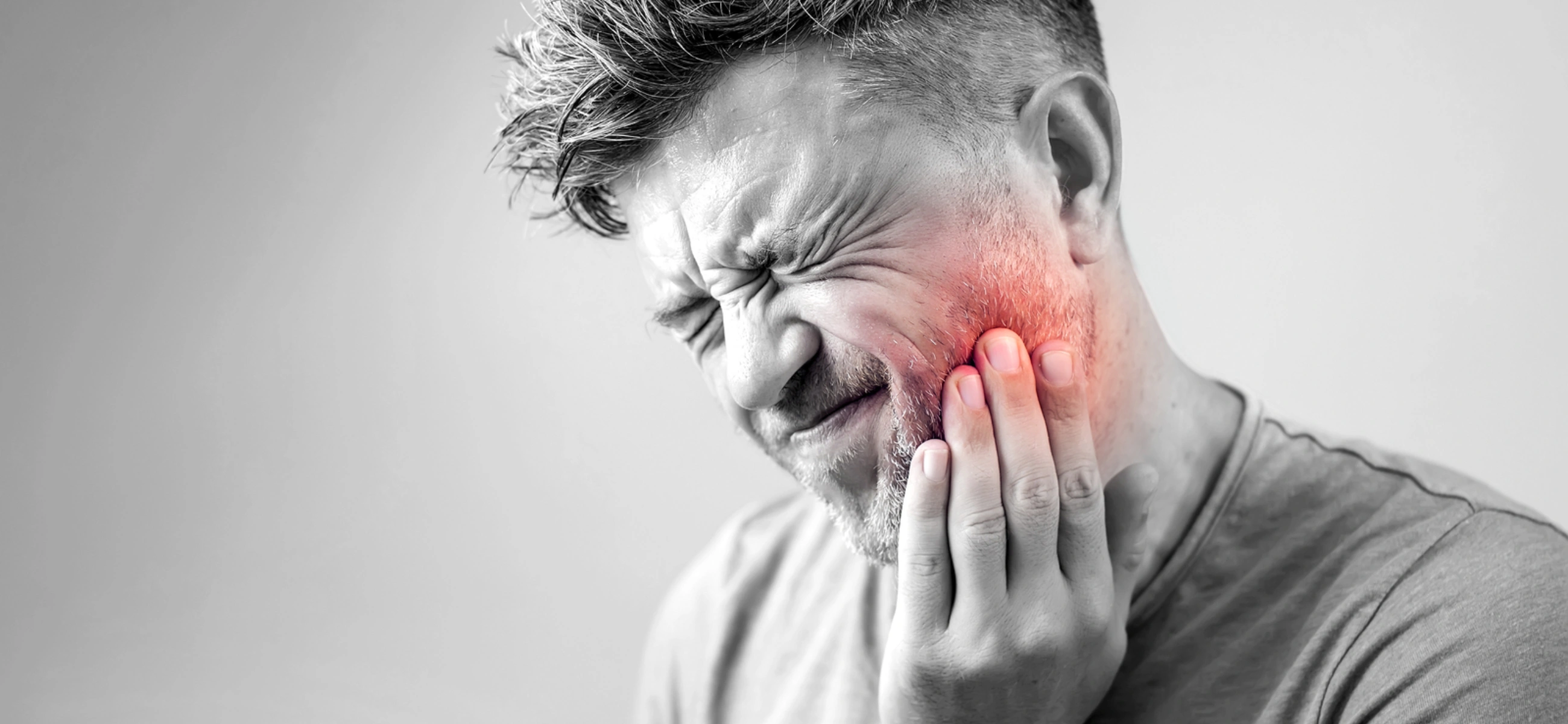You bet! Your teeth are some of the most important parts of your head, so when they start to act up, they can cause a whole symphony of pain in various areas. A toothache doesn’t just stick to your mouth; it likes to spread misery around. Most notably, it can give you a pounding headache that can hit both the back and front of your head. But wait, there’s more! Toothaches are also notorious for causing ear pain, and this discomfort can strike both inside and outside your ear. So, I will analyze why your toothache might be messing with your ears!
[Related topics: Can a toothache cause a headache? Find out how they’re connected]
Why does a toothache always cause ear pain?
Toothaches causing ear pain is more common than you might think. Here are some reasons:
Simple reasons
- Shared nerves: The nerves in your teeth and ears are closely linked. When a tooth becomes inflamed or infected, it can send pain signals along these shared nerves, leading to ear pain.
- Referred pain: Pain from one part of your body can sometimes be felt in another. This phenomenon, known as referred pain, means that a toothache can easily translate into ear pain.
Underlying reasons
- Trigeminal nerve involvement: The trigeminal nerve is one of the largest nerves in the head and is responsible for sensation in the face, including the teeth and ears. When this nerve gets irritated due to a dental issue, it can cause pain that radiates to the ear.
- Temporomandibular Joint (TMJ) Dysfunction: The temporomandibular joint, which connects your jaw to your skull, is located close to your ear. Dental problems can lead to TMJ issues so people will encounter pain and discomfort in the ear.

- Sinus infections: Infections in the upper teeth can sometimes spread to the sinuses, which are close to the ears. This can make sinus pressure and pain that affects both your teeth and ears happen.
Types of toothache

Let’s compare the different types of toothache, their characteristics, and potential causes:
| Type of toothache | Characteristics | Potential causes |
| Sharp, throbbing pain | Intense, sudden pain that comes and goes | Cavities, abscesses, cracked tooth |
| Dull, aching pain | Persistent, mild to moderate discomfort | Gum disease, tooth decay, bruxism |
| Sensitivity to hot/cold | Sharp pain when consuming hot or cold foods/drinks | Exposed dentin, worn enamel, cavities |
| Pressure pain | Pain when biting down or chewing | Cracked tooth, loose filling, infection |
| Radiating pain | Pain that spreads to jaw, ear, or head | Impacted wisdom teeth, severe infection |
| Night-time pain | Pain that worsens at night | Tooth decay, abscess, bruxism |
| Intermittent pain | Comes and goes, unpredictable intervals | Early stages of tooth decay, mild infection |
Toothache VS earache: What’s the difference?
Although toothache and ear pain can sometimes feel similar and even occur simultaneously, they have distinct characteristics and causes.
| Feature | Toothache | Earache |
| Location of pain | In or around a tooth | Inside or around the ear |
| Common causes | Cavities, gum disease, tooth infection, bruxism | Ear infection, sinus infection, TMJ disorders |
| Symptoms | Sharp, throbbing, or constant pain; sensitivity to hot, cold, or sweet foods; pain when biting or chewing; swelling around the tooth or gums | Sharp or dull pain inside the ear; hearing loss; ringing in the ear (tinnitus); fluid drainage; dizziness or balance issues |
| Diagnosis | Dental examination, X-rays | Ear examination, hearing tests, sometimes imaging |
| Treatment | Fillings, root canal, antibiotics, pain relievers | Antibiotics, ear drops, pain relievers, sometimes surgery |
Diagnose your earache: Is it really caused by a toothache?
- The pain can start in your mouth and radiate to your ear.
- You may experience sensitivity to hot, cold, or sweet foods.
- There might be swelling around a specific tooth or in the gums.
- Increased pain when chewing or biting down is common.
- Persistent, throbbing pain that may worsen at night.
- A bad taste in your mouth can indicate an infection.
- You might feel a fullness or pressure in your ear.
- There could be temporary hearing loss or a muffled sound.
- Tinnitus, or ringing in the ear, may accompany the pain.
- Feeling dizzy or off-balance can occur with ear-related issues.
5 efficient ways to treat ear pin from a toothache recommended by dentists
Here are five tried-and-true methods to help you kick that pain to the curb, recommended by yours truly, a seasoned 50-year-old dentist who’s seen it all.
1. Warm salt water rinse: Saltwater can reduce inflammation and fight bacteria in your mouth. You need to dissolve a teaspoon of salt in a glass of warm water. Swish it around in your mouth for 30 seconds, then spit it out. Do this a few times a day. No worry, just think of it as giving your mouth a relaxing spa treatment – it deserves it!

2. Over-the-counter pain relievers: Ibuprofen or acetaminophen can reduce pain and inflammation both in your tooth and ear. Just follow the dosage instructions on the bottle. Usually, adults can take 200-400 mg of ibuprofen every 4-6 hours. Keep a bottle handy in your medicine cabinet – you never know when pain might strike like a ninja.
3. Clove oil: Clove oil contains eugenol, a natural anesthetic and antibacterial agent. All you need to do is sab a little clove oil on a cotton ball and apply it directly to the painful tooth. Avoid swallowing it! As for the tip, clove oil is like nature’s tiny but mighty painkiller. Just a dab’ll do the trick.
4. Cold compress: A cold compress can numb the area and reduce swelling. You should wrap a bag of ice or frozen peas in a cloth and apply it to the outside of your cheek for 15-20 minutes. It’s an excuse to raid the freezer. You’ll look cool with that ice pack on your face!
5. Hydrogen peroxide rinse: Do you know hydrogen peroxide can help kill bacteria and relieve pain? As for the guides, mix equal parts 3% hydrogen peroxide and water. Swish around in your mouth for 30 seconds, then spit it out and rinse with water. This rinse might foam up a bit – think of it as a mini science experiment in your mouth.
Signs you must see a dentist!
Here are some key situations where seeing a dentist is a must:
- If your toothache has been hanging around for more than a day or two, it’s not something to brush off. Persistent pain could indicate a serious issue like an infection, abscess, or severe decay that requires professional treatment.
- Notice any swelling in your face, gums, or around a specific tooth? This could be a sign of an abscess or severe infection, both of which need immediate attention. Left untreated, infections can spread and lead to more significant health problems.
- Sudden or extreme sensitivity to hot, cold, or sweet foods that doesn’t go away can be a sign of enamel erosion, cavities, or gum recession. It’s best to have a dentist check it out before it worsens.
- If your gums are bleeding easily or are swollen and red, it could be a sign of gum disease. Early treatment can prevent the condition from advancing to a more serious stage, such as periodontitis.
- Adult teeth should not be loose. If you notice any wiggle in your teeth or have lost a tooth unexpectedly, seek dental care immediately to prevent further damage and address any underlying issues.
- Continuous pain in your jaw or a clicking sound when you open and close your mouth could indicate a TMJ disorder. This condition can affect your ability to chew and speak comfortably, so it’s important to get it evaluated.
Summary
When a toothache strikes, it often brings along its pesky buddies – headache and earache – because they’re all connected like a trio of troublesome triplets. So, when your tooth starts acting up, brace yourself and get ready for the full house of pain. The best strategy? Arm yourself with knowledge and be prepared to tackle these aches head-on. Think of it as your personal pain prevention plan – because knowing how to deal with a toothache means you’re ready to handle whatever those other aches throw your way.




